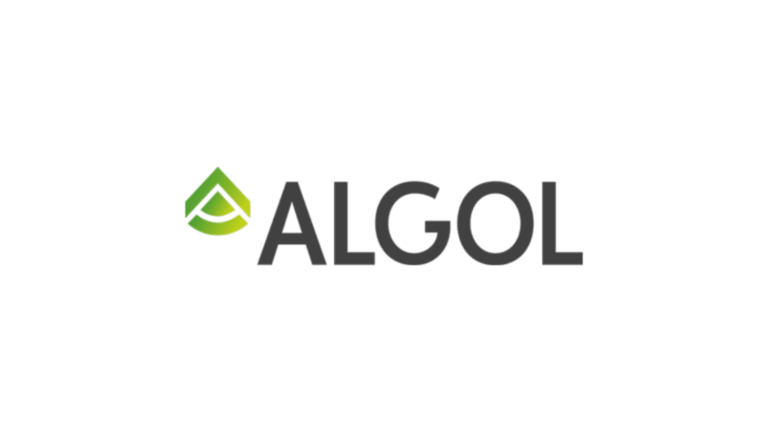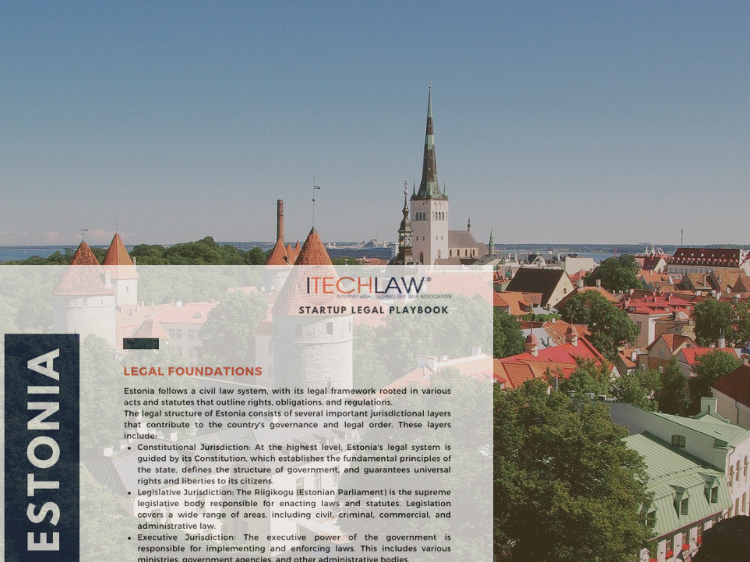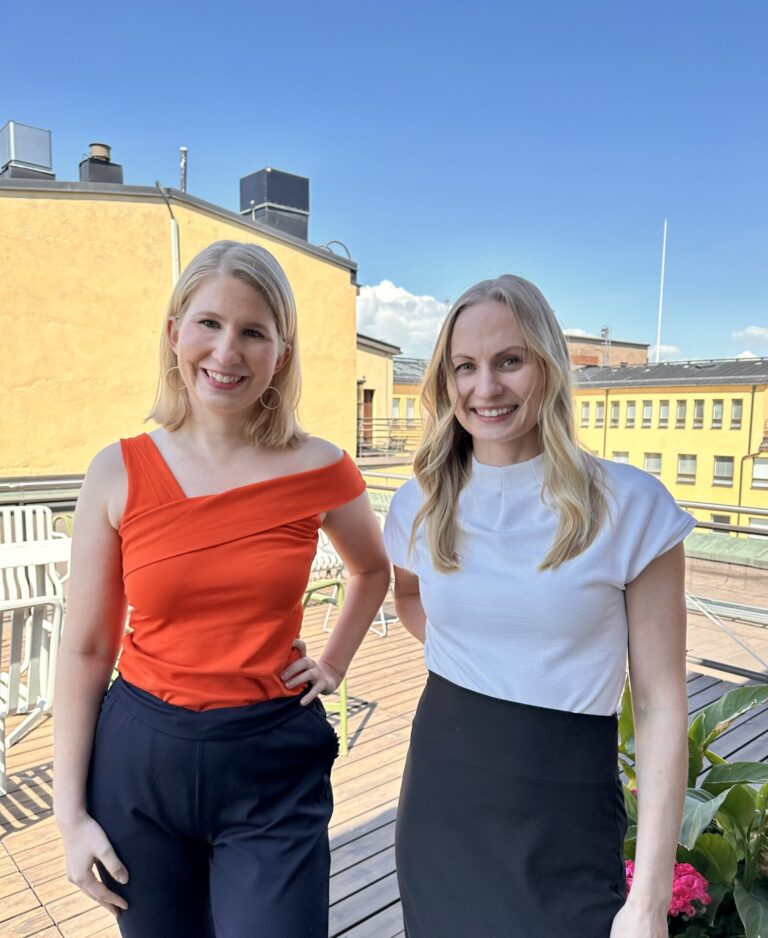
Foreign Direct Investments (“FDI”) in the European Union (“EU”) have increased since the global financial crisis, with FDI hitting a record high in 2016. This inflow has led to measures to tighten the scrutiny of future FDI.
Earlier this year Margrethe Vestager, the EU Competition Commissioner and Vice-President of the European Commission, urged the EU Member States themselves to become active in the M&A market and go out and acquire companies possessing or operating critical infrastructure, if necessary, to protect such businesses fighting for survival during the COVID-19 pandemic from being acquired by non-EU companies.
The Swedish response
In a surprise move in October 2020, Sweden’s telecom regulator PTS banned the use of equipment from China’s Huawei and ZTE by telecom operators taking part in the 5G auction process. In recent developments, the Administrative Court in Stockholm declared that the auction process may continue regardless of any appeals of the regulator’s decision.
There are currently two parallel legislative processes aimed at regulating FDI in Sweden and the transfers of certain Swedish companies or operations to foreign investors.
- The first legislative process will impose tightened rules for the transfer of ownership of security-sensitive activities. The amendments will allow the Swedish state to prohibit certain transactions on grounds of “protective security”, which refers to the protection of information and activities of importance to Sweden’s security against inter alia espionage, sabotage, and terrorism.
- The second legislative process is based on a new EU FDI screening regulation, the Regulation of the European Parliament and of the Council of 19 March 2019 establishing a framework for the screening of foreign direct investments into the Union (“Regulation”). The Regulation was introduced to harmonise the currently fragmented national screening regimes of the EU Member States. The Swedish government has appointed a special investigator to assess whether to implement a national system for FDI-screening. A final report from the special investigator will be published no later than 2 November 2021.
A sense of urgency
Given the ongoing turbulence of the COVID-19 crisis, volatile stock markets and an amplified sense of urgency due to an expected increase in the number of strategic acquisitions of security-sensitive businesses by foreign investors, the Swedish government decided to accelerate the first legislative process.
On 25 November 2020, the Swedish parliament passed a bill to amend the Swedish Protective Security Act (“Act”), with the effective date being 1 January 2021. The main amendments to the Act stipulate that a seller who intends to sell:
i) its shares in a company operating security-sensitive business (excluding shares in a Swedish public company);
ii) its security-sensitive business; or
iii) tangible or intangible property (not including real estate) used in its security sensitive business,
shall carry out a particular security and suitability assessment during the initiation of the sale. A seller shall also refrain from initiating such a transfer should the assessment show that the transfer is unsuitable from a security perspective.
A business may be “security-sensitive” if it is of significance for Sweden’s national security or for an international protective security commitment that is binding on Sweden, irrespective of whether the operator is the state or a private actor. In addition to military activities, the term may also cover important infrastructure and services such as airports, powerplants, information systems for electronic communication and health care services.
According to the Act, a seller will also be legally obligated to consult and coordinate with the Swedish Armed Forces and the Swedish Security Service. If the authorities have any objection to the security and suitability assessment, they may either order additional measures be taken by the seller to fulfil its obligations or prohibit the sale or transfer from being carried out. The authorities may also, ultimately, declare a transaction that has been made in violation of the provisions null and void.
Magnusson comment
Sweden is currently a comparatively free market for FDI with limited restrictions. Although it is still early to accurately predict the final design of Sweden’s future FDI screening regime, it is likely that a national system for screening will have a wider scope of application and cover activities in more sectors and areas in line with the Act and will most likely draw inspiration from the systems employed in neighbouring countries.
One of the challenges for the special investigator will be to present a proposal that identifies which companies and operations should be included in the FDI screening process. If the task is not executed properly, the Swedish screening framework risks leading to arbitrary, time-consuming, and unpredictable decisions as to what constitutes a security-sensitive business.
Nonetheless, the Regulation and the recent developments in Sweden will likely pose challenges to the large-scale investments in the technology and infrastructure sectors currently pending.
Contact

Jonas Bergquist
Partner
Corporate and M&A, Energy, Real estate
Send me an email +46 8 463 75 00 +46 76 822 75 01









